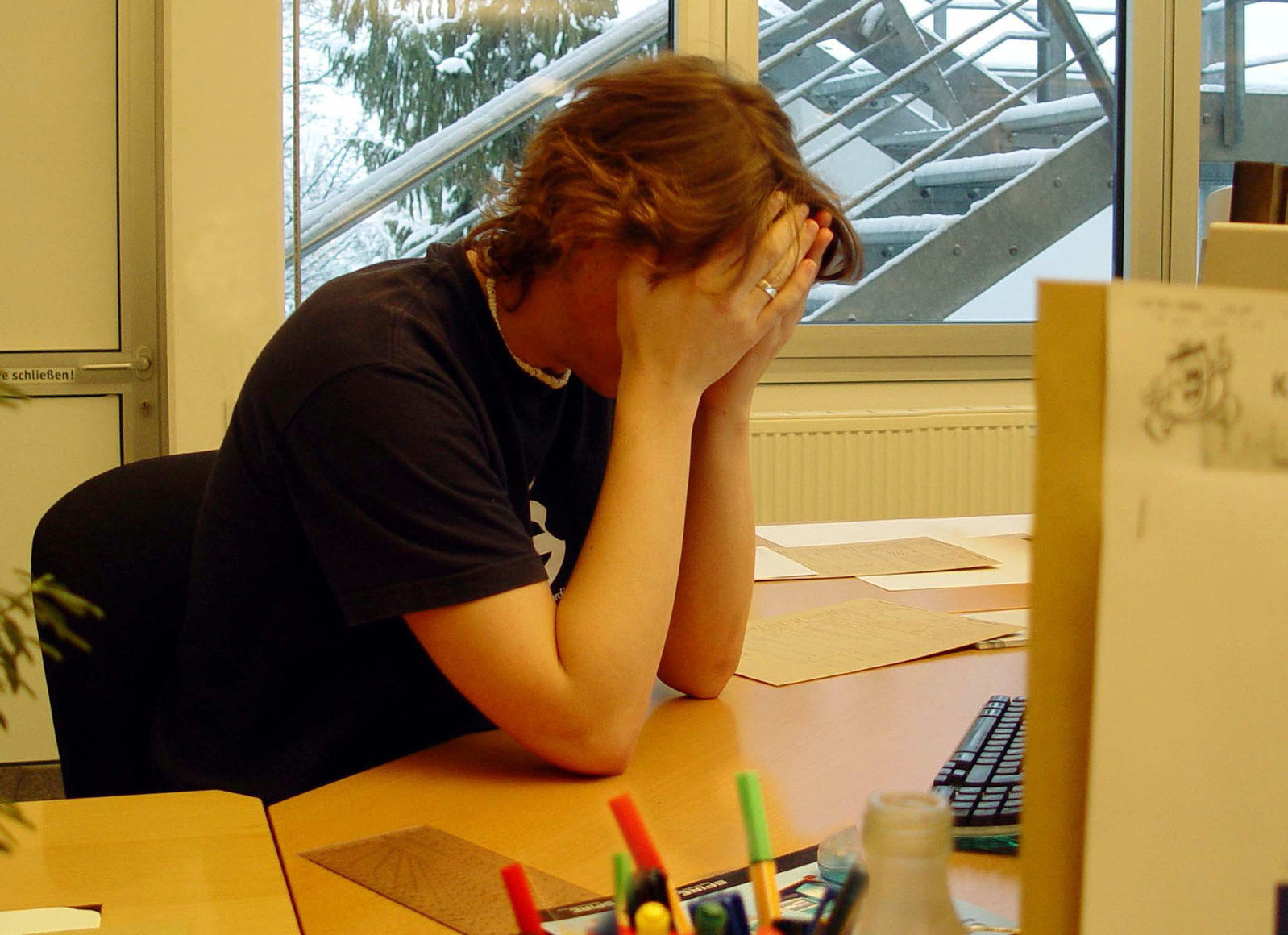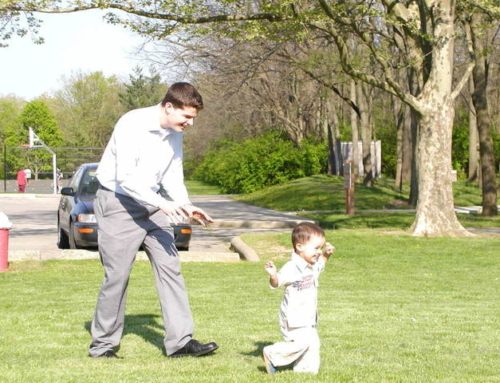The “I Can’t” Child
Incredibly, the end of summer is now fast approaching.
Schools will be starting in mid-August. Stores are having “back to school” promotions. Parents are beginning to prepare. Some children are getting worried. Summer assignments and required readings are frantically begun…
Over the past few weeks, I have worked with children who appear to have “return-to-school anxiety.” You may find this expressed through:
- increased complaints of vague pains
- demands for adult contact
- clingy behaviors
- sleep disturbances
- refusal to review school tasks accomplished last year
- “I can’t” or “I don’t know how to do that.”
Indeed, children are beginning to show that they are ” not ready” to learn or mature as quickly as society might believe.
As adults, we view growth on a continuum. Children, on the other hand, have a more discrete sense of time.
Children do not “see” adults learn, practice, and refine skills. They merely see us able to do anything and everything we attempt. After all, most adults avoid or hire-0ut tasks we do not do well, do not want to work to master, or do not have the time to accomplish. For the own part, children are only aware of feeling that they “suddenly” have a new skill. The amount of time, effort, instruction, and practice needed to master the ability is not readily recognized by children. They simply do not feel changes and learning.
Minor refusals of new activities are expected in children’s growth cycles. However, if left unaddressed, a fear of trying new activities and lack of self confidence can hinder future growth.
Recent research is suggesting that individuals who are “under-achieveers” or those who develop avoidance patterns may indeed be experiencing a significant lack of self confidence and self esteem.
Behavioral scientists often say we must have repeated success experiences in order to reduce anxiety about specific situations or tasks. When preparing children for their return to school, we might adopt a new attitude. Learning can be presented in subtle ways. Rather than sitting down to obviously “learn” or “review,” we can provide experiences which introduce or review concepts to children without creating anxiety, worry, and avoidance.
Ways to Reduce Return-to-School Anxiety
Visit the school playground or classroom.
Take a picture of the child and the new teacher. Call and ask if there are Open House times before classes begin.
Don’t try to use logic or facts to convince a child of his/her abilities. Behaviors and experiences are more powerful in changing self concepts.
Review math concepts through
-
cooking,
-
determining appropriate postage,
-
making change,
-
leaving a tip,
-
figuring out how much 20% off an item really is,
-
finding out how long it takes to do chores – on the average, and
-
determining the ‘best buy” when shopping.
Ask for assistance in
- correspondence,
- locating an item in a store,
- making lists,
- reading lists,
- looking up facts and maps relating to news events or summertime travels.
Validate the child’s impression of not being able to do something. Follow this up with encouragement to make a small step forward. Emphasize growth. Emphasize effort.
Review summer gains made in motor and visual-spatial skills when playing outdoors.
Discuss how your child feels “proud” and “capable” when a new goal is met.
When you are faced with complains, refusals, and stalling techniques, the task demands may be too great for the child’s ego. Break the task into smaller steps.
Predict, prepare, and anticipate! Plan ahead and go through “trials” of what the new activity or school day will be like for everyone. Don’t wait until the last minute. children need to rehearse more than adults.
Begin shifting bedtime and morning routines so that a gradual change is made to school-year hours.






